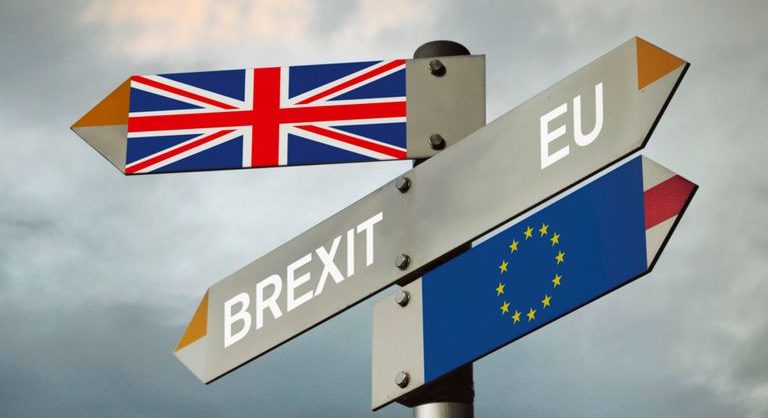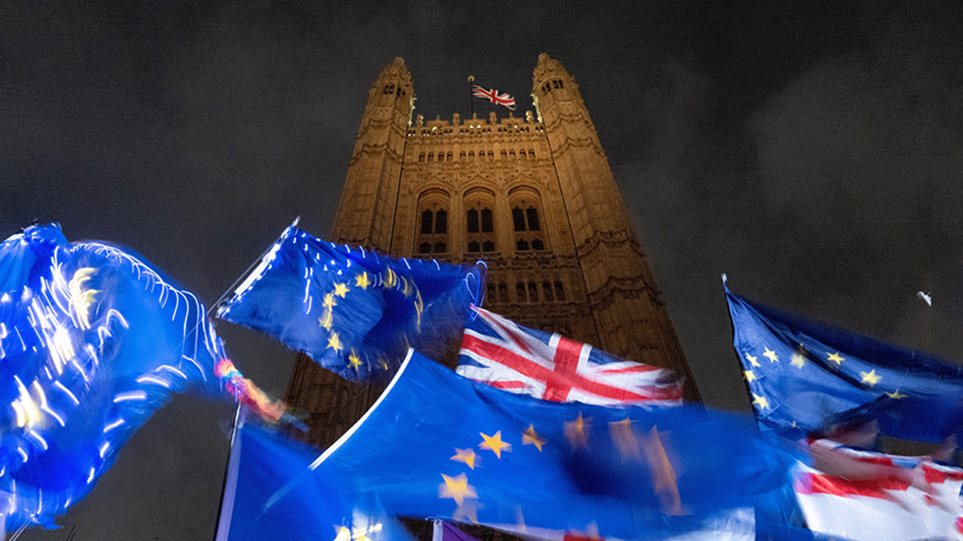When traveling to other EU countries European citizens were not charged with added roaming costs to use their mobile phone.
Instead, the domestic charges apply, ie the same rates as for calls, messages, and data usage in each customer’s country of origin. Prior to the application of these rules, the use of mobile phones in Europe was very expensive.
Following the UK’s official departure from the EU on 31 January 2020, the country entered a transitional period in which virtually all EU rules and regulations – including mobile phone roaming – remained in force.
This transitional period, however, will end on 31 December 2020. The UK trade agreement with the EU does not state that the ban on additional roaming charges will continue.
also read
Brexit: How it will affect thousands of Greeks living and working in the UK
Both sides have reportedly encouraged mobile operators to apply reasonable roaming rates.
This means that roaming charges will be the responsibility of mobile operators. They will be able to apply roaming charges after the end of the transition period if they so wish.
UK citizens will be allowed to continue to use their mobile phones in the EU, dependent on fair use terms.
This means that UK residents will be able to continue using their mobile phone while traveling to another EU country, but will not be able to enter into a mobile phone contract with a provider, for example from Greece, and then use it in the UK.






































